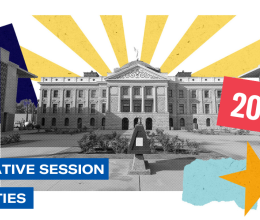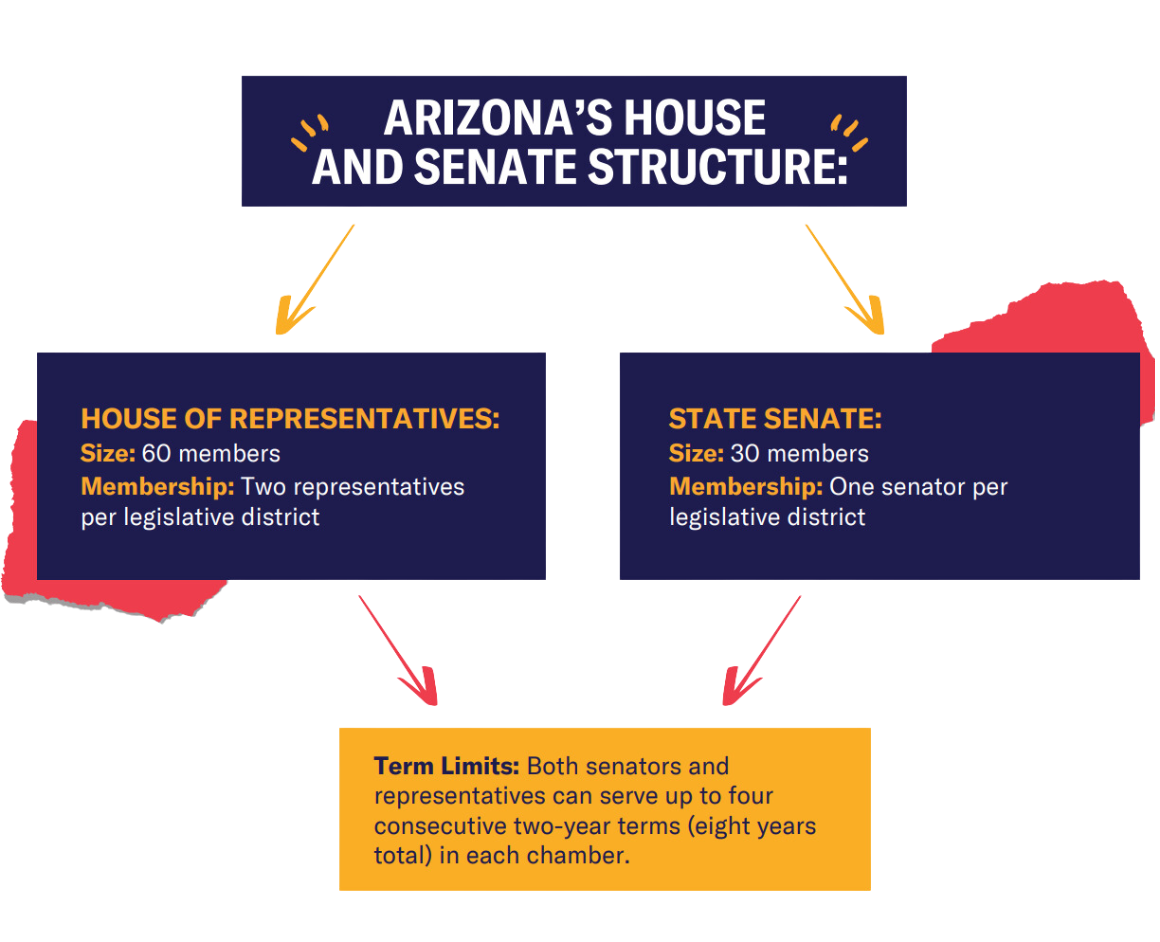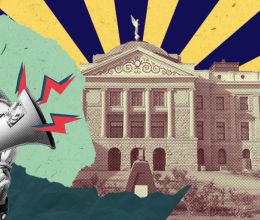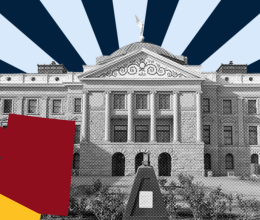
The Arizona State Legislature plays a critical role in shaping policies that directly impact Arizonans' daily lives. Here's a look at the Arizona state government, its responsibilities, and its legislative process.
Federal Vs. State Government: What’s The Difference
The federal government oversees national policies and issues, while state governments address more localized concerns. Similar to our federal government, Arizona’s state legislature holds authority over areas such as education, transportation, healthcare, and criminal justice at a much more granular and local level. These decisions significantly impact Arizonans' lives and work in conjunction with federal policies and mandates. For example, federal laws can establish baseline protections against discrimination, but our state legislators can expand upon these protections to address specific community needs. The Arizona legislature could consider measures to include sexual orientation and gender identity in anti-discrimination protections. This is how our state’s policies influence civil rights.
You may be asking yourself: how does this affect me?
Arizona's legislature makes decisions on critical issues such as funding public schools, setting minimum wage levels, and defining voting laws to name a few. It also directly influences housing policies, environmental regulations, and public health measures. The legislative process in Arizona can also shape human rights by enacting laws that either protect or restrict freedoms.
Key State Government Positions in the Legislative Process
-
Governor: The state’s chief executive, responsible for signing or vetoing bills passed by the legislature, proposing a state budget, and calling special legislative sessions.
- Senators and Representatives: Members of the Arizona State Senate and House of Representatives who draft, debate, and vote on legislation.

The Legislative Session
The legislative session is the period during which the Arizona legislature meets to propose, debate, and vote on bills. During this time, legislators are responsible for:
- Drafting and introducing bills
- Voting to pass or kill bills
- Debating the merits of bills
What Happens During the Session?
-
Bill Introduction: Legislators submit proposed laws.
- Committee Review: Bills are assigned to relevant committees for discussion and refinement.
- Floor Debates and Votes: Bills that pass committee reviews move to the full House or Senate for debates and votes.
- Reconciliation: If there are differences in House and Senate versions, a conference committee resolves them.
- Governor’s Action: The governor can sign, veto, or allow the bill to become law without a signature.
Committees and Leadership
Committees play a crucial role in the legislative process. They review proposed bills, hold public hearings, and make recommendations. Committee leadership is typically determined by the majority party and includes chairpersons and ranking members who set agendas and guide discussions. Examples include:
- Education Committee
- Health and Human Services Committee
- Judiciary Committee
Legislative Session Schedule
- January: Session begins (second Monday of the year).
- February-March: Bill hearings in committees.
- April: Deadline for passing bills in the originating chamber.
- May: Final votes and budget approval.
- June-July: Governor reviews and signs bills.

